B cells, especially those that target cancer antigens, are crucial for fighting tumors; however, not everyone develops them. Our gut bacteria play a vital role in training B cells to recognize a wider range of threats. Dr. Brewer’s [HHMI Fellow] research explores how these gut bacteria influence the specificity of B cells, and thus our body’s ability to combat tumors. Dr. Brewer’s research aims to determine if the “training” of B cells by gut bacteria early in life influences their later responses to vaccines and cancer. This investigation may not only improve our understanding of how gut bacteria shape our immune system, but also pave the way for novel cancer treatments utilizing gut bacteria. Dr. Brewer received her PhD from Stanford University, Stanford and her BS from Massachusetts Institute of Technology, Cambridge.
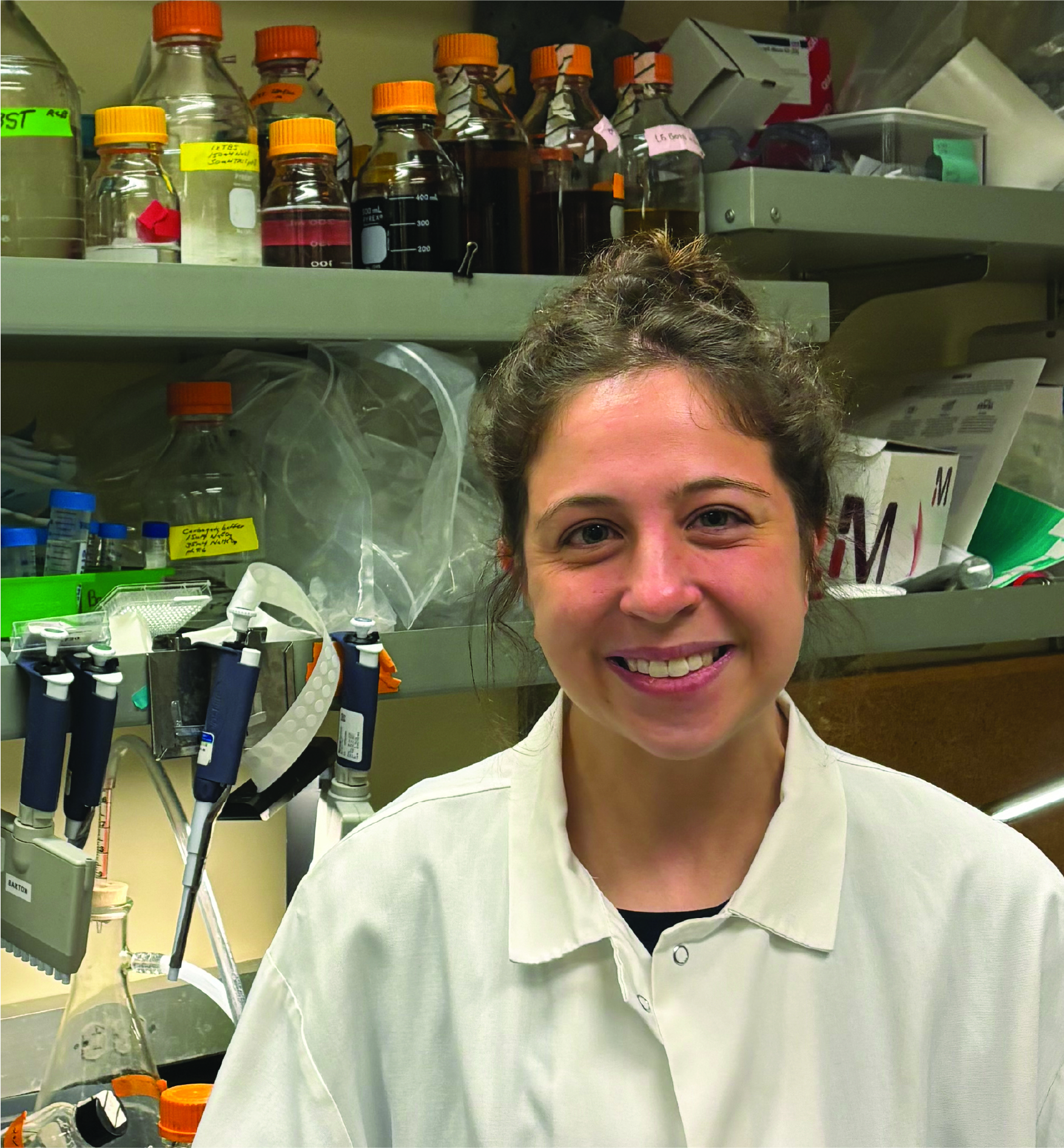
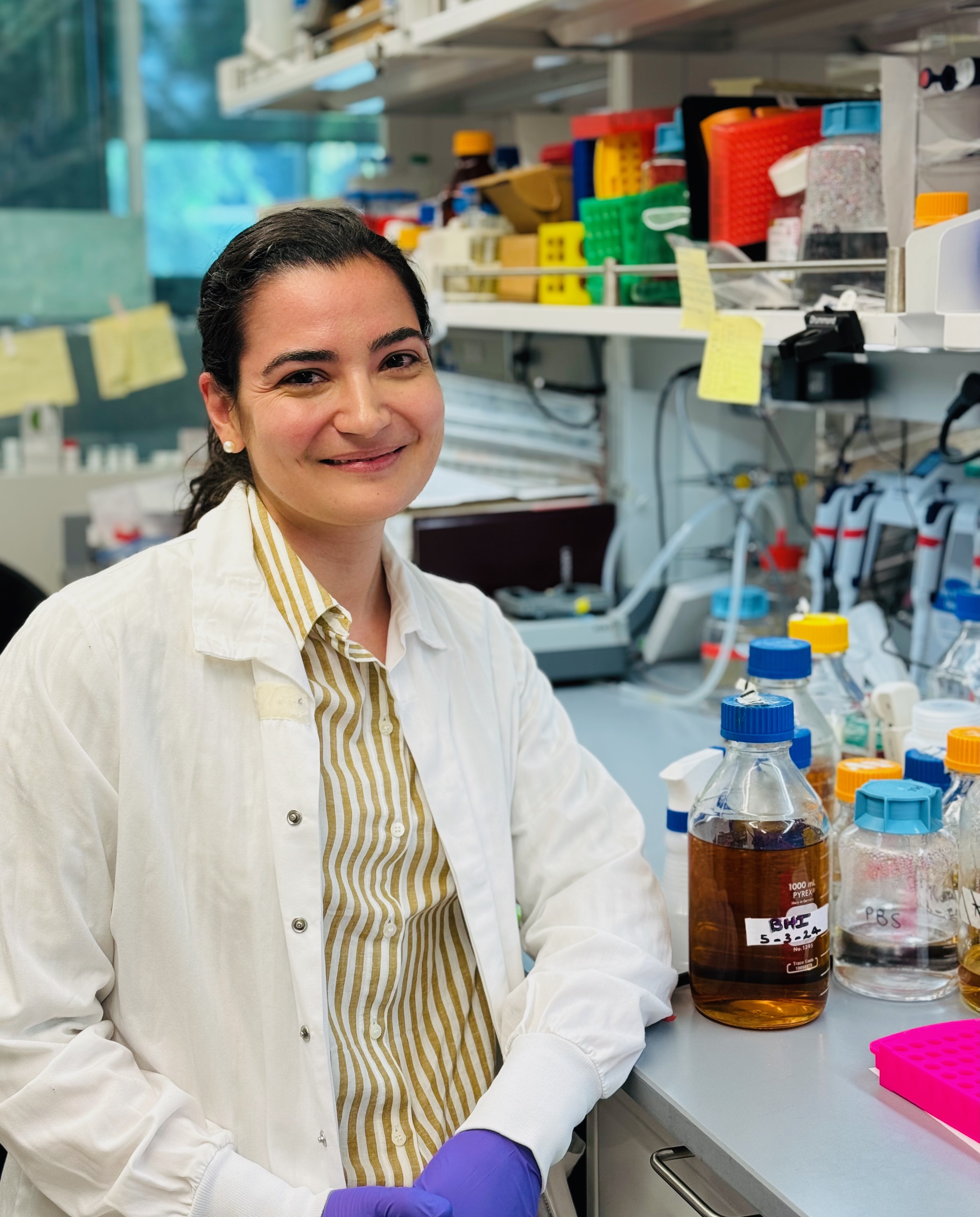
The bacterium Staphylococcus epidermidis (S. epi) is nearly universally present on human skin, and certain strains are capable of eliciting immune responses that can be redirected against tumor antigens. Dr. Barkal is investigating how to harness the immunomodulatory properties of S. epi to develop a new class of T cell immunotherapy that is potent and tumor antigen-specific, avoiding the systemic side effects associated with current immunotherapies. Specifically, she is using a melanoma model to explore how to modulate T cell production with S. epi and how to use other skin bacteria for synergistic anti-tumor effects. This work will form the foundation for human trials of topical bacteria-based cancer immunotherapy. Dr. Barkal received her MD, PhD from University of Wisconsin-Madison, Madison and her BS from Massachusetts Institute of Technology, Cambridge.
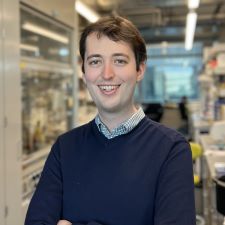
Chromatin remodelers are complex protein machines responsible for packaging DNA and regulating gene expression. Their dysfunction is strongly implicated in cancer. For example, certain types of sarcoma and ovarian cancer are driven by mutations in a chromatin remodeler called BAF. Combining experiments with theoretical work, Dr. Owen’s research aims to understand how remodelers recognize their target sites in the cell’s nucleus. By expanding our understanding of chromatin remodeling, the findings of this research will provide the groundwork for more effective cancer treatments—suggesting how drugs might target chromatin remodelers—as well as enhance our understanding of how existing drugs that target remodeler-adjacent mechanisms might work.
A central aim of this project is the development of new, quantitative models to explain the behavior of chromatin remodelers seen in experiments. Dr. Owen will achieve this by successive rounds of passing between theory and experiments repeatedly—measuring, modeling, then measuring again. For comparison to experiments, model predictions will be extracted computationally (e.g., numerically solving ODEs, or by exact stochastic simulation using Gillespie’s algorithm) or analytically (e.g., by the King-Altman procedure, and variants), as appropriate.
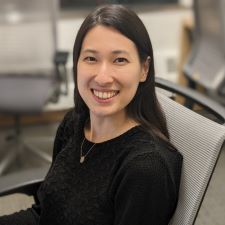
Only 3% of cancer drugs in clinical trials ultimately receive FDA approval, compared to 15-33% of drugs for other types of diseases. Recent studies have suggested that many drugs being explored for cancer treatment do not actually target their intended molecule in the cell. This has important implications for efficacy and safety and could be a key contributor to the low FDA approval rate. Dr. Grabski [Kenneth G. Langone Quantitative Biology Fellow] has created a novel experimental and computational framework to identify drug mechanisms of action at molecular resolution by leveraging CRISPR-based technologies. With this framework, she hopes to more precisely identify how a given cancer drug functions in the cell. This could serve as a powerful tool for preclinical evaluation and even potential discovery of new cancer therapeutics.
Dr. Grabski’s project aims to identify drug targets by modeling drug transcriptional response as a sum of genetic perturbation responses. She will perform this deconvolution in two steps. First, she will use a multi-condition latent factor model to produce denoised estimates of perturbation effects. Second, she will leverage sparse Bayesian regression techniques to map drug responses to these perturbation effects, in a way that can summarize complex patterns of uncertainty among related perturbations.
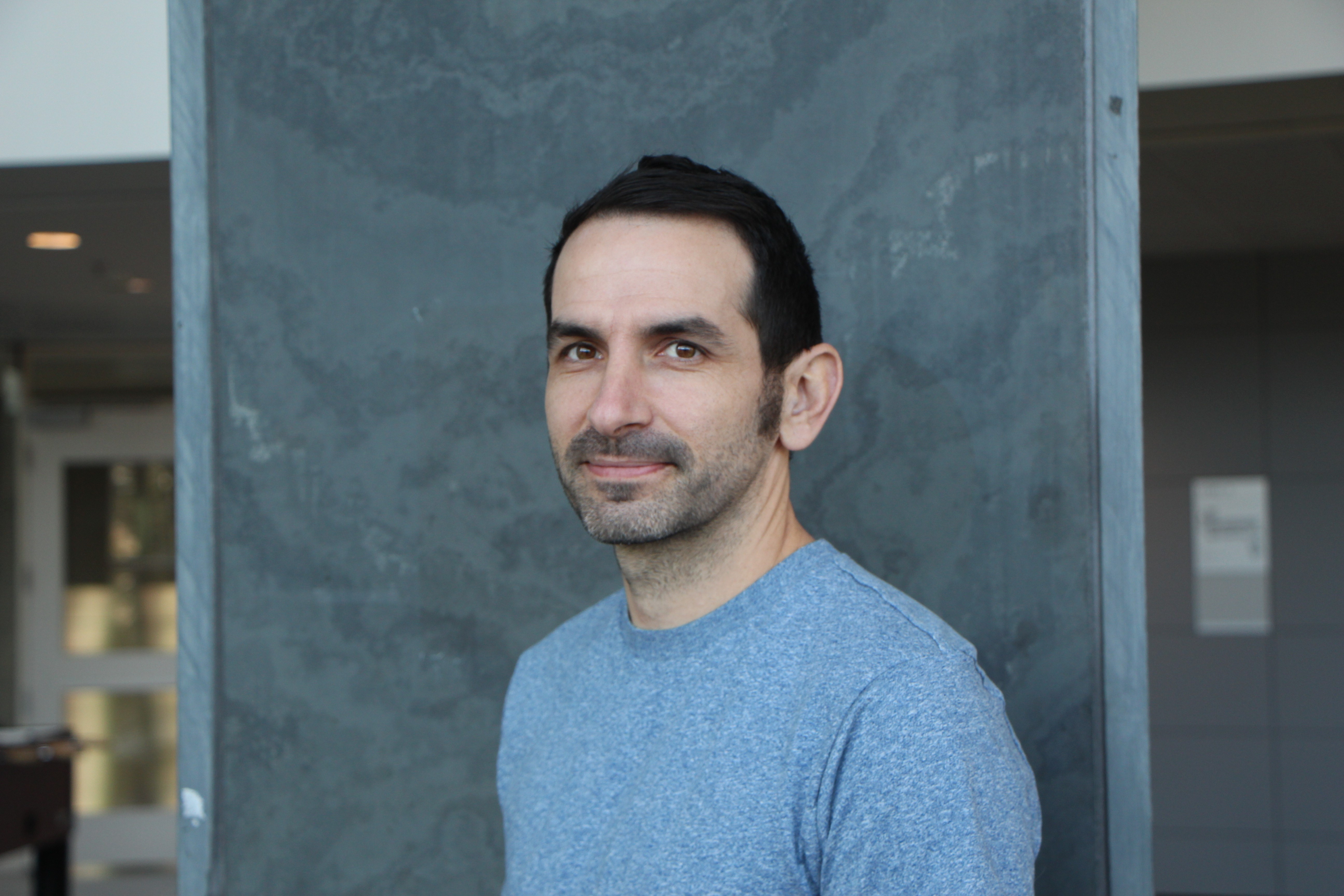
Dr. Chappleboim studies how cells communicate during a developmental process called somitogenesis, which drives the formation of repeated structures such as the spinal vertebrae. The signals that guide cell communication during this process can get misinterpreted by cancer cells, resulting in uncontrolled growth. These pathways are implicated in numerous cancer types but are notably associated with colorectal, ovarian, and breast cancer. Using cutting-edge techniques in human stem cells and 3D-models called organoids, along with the tools of computational biology, Dr. Chappleboim aims to deliberately perturb and examine these signaling pathways to gain a comprehensive understanding of how they function. Dr. Chappleboim received his PhD, MS, and BS from Hebrew University of Jerusalem, Jerusalem.
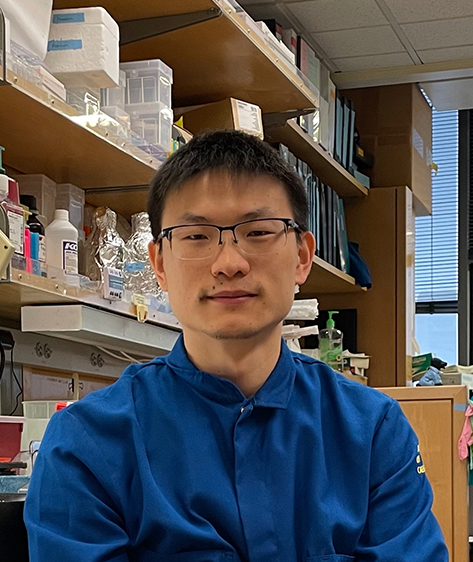
Accumulating evidence shows that specialized structures of white blood cells (lymphocytes), named tertiary lymphoid organs (TLOs), can form inside tumors and play a crucial role in fighting cancer progression. Unlocking the formation and functions of TLOs holds great promise for advancing cancer immunotherapy, but studying TLOs remains challenging due to the substantial disparities between humans and animal models. To address this, Dr. Peng [Connie and Bob Lurie Fellow] will leverage single-cell sequencing data and high-throughput screening methods to investigate a key initiator of TLO formation in human tumors. He further plans to develop innovative genetic models that enable the study of TLOs in a human-specific context within living organisms. By unraveling the intricacies of TLO biology, Dr. Peng aims to uncover novel therapies that can augment cancer immunotherapy and enhance treatment outcomes across various cancer types. Dr. Peng received his PhD from Baylor College of Medicine, Houston and his BS from Zhejiang University, Hangzhou, Zhejiang.
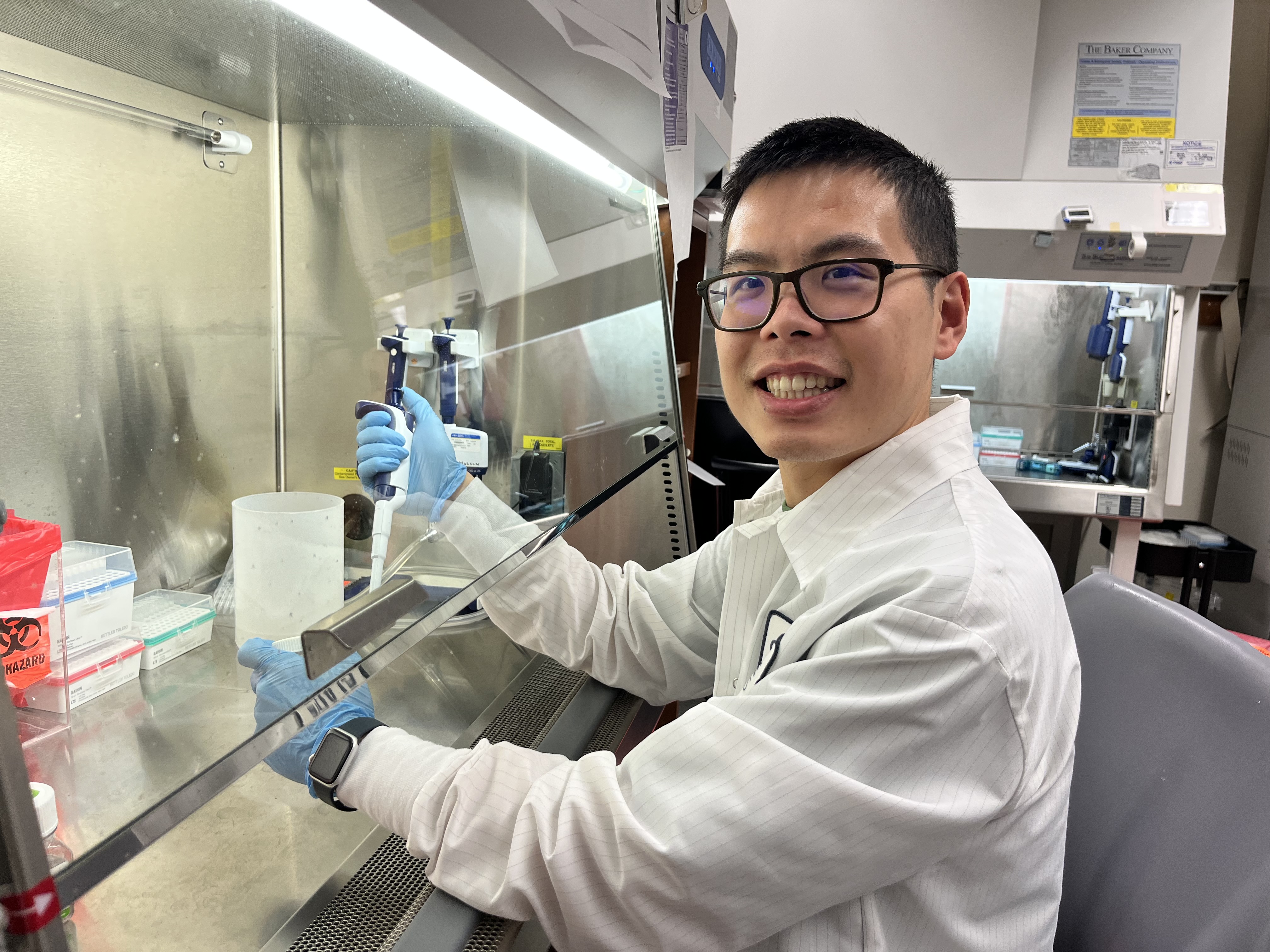
Our immune system can help us prevent or slow cancer development. Human CD4+ T cells play critical roles in regulating our immune responses to fight cancer. Upon encountering a pathogen, naïve CD4+ T cells differentiate into different T helper (Th) cells to perform diverse immune-modulatory functions. Variability in this differentiation process is associated with variable responses to cancer immunotherapy. While several genes necessary for differentiation have been identified, researchers lack a comprehensive map and a predictive model of the larger gene regulatory network (GRN) controlling this process. Dr. Zhu [Connie and Bob Lurie Fellow] plans to combine functional genomics with mathematical modeling to systematically map and model the human CD4+ T cell differentiation GRN and use the GRN model to predict and control the differentiation process. His work promises to provide a quantitative understanding of the CD4+ T cell differentiation process and open up new strategies for safer and more effective cell-based cancer therapy. Dr. Zhu received his PhD from the California Institute of Technology, Pasadena and his BS from Hong Kong University of Science and Technology, Hong Kong.
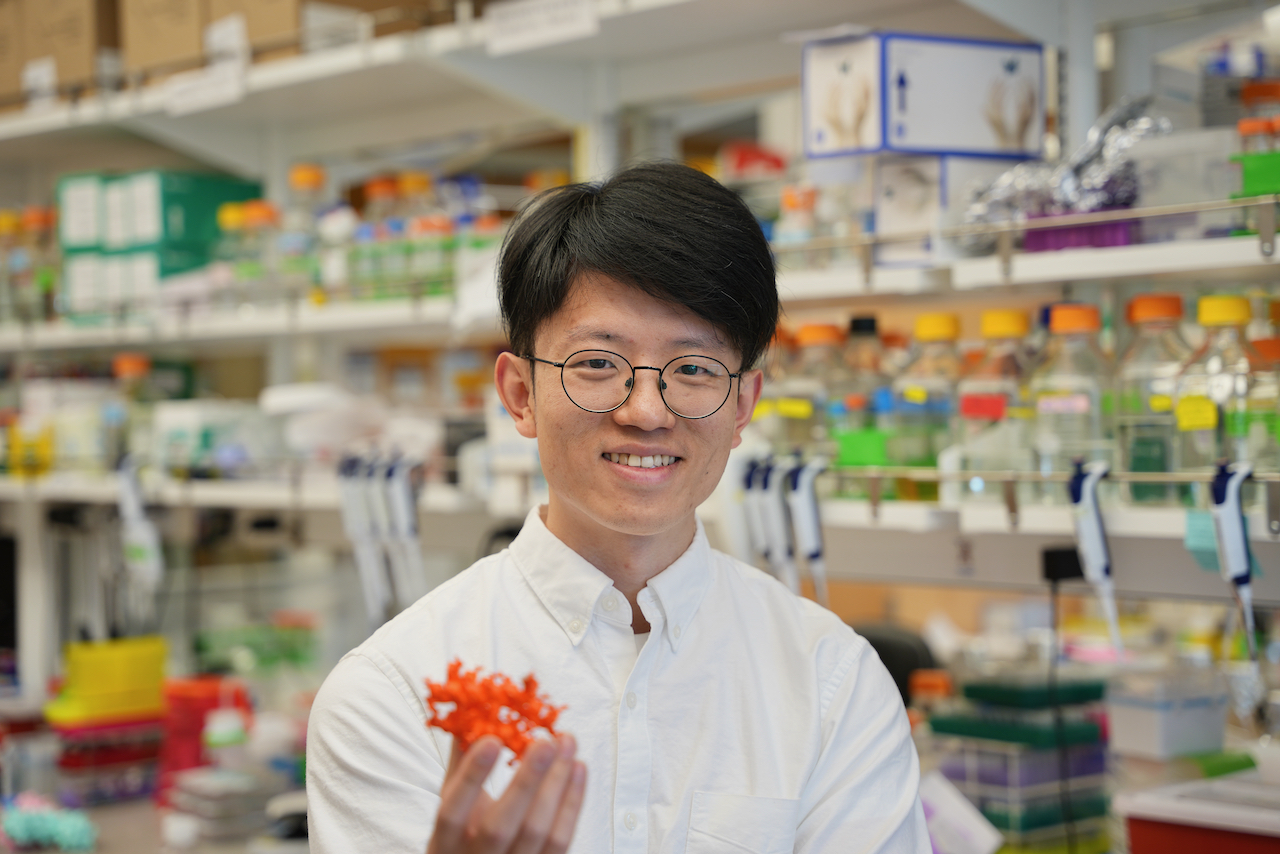
For gene activation, transcription factors (TFs) must bind to enhancers, often with multiple TFs binding at the same site, and recruit other proteins known as cofactors and polymerases. The interactions between TFs and cofactors are usually nonspecific, meaning the cofactors are interchangeable, which limits our understanding of precise gene activation. Dr. Chen will design new proteins that bind the cofactors with high specificity to clarify the contribution of each cofactor. This research will not only provide new insights into the mechanism of gene regulation but also provide new platforms to modulate gene expression with high precision. Dr. Chen received his PhD from the University of Washington, Seattle, his MS from Cornell University, Ithaca and his BS from Shandong University, Jinan.
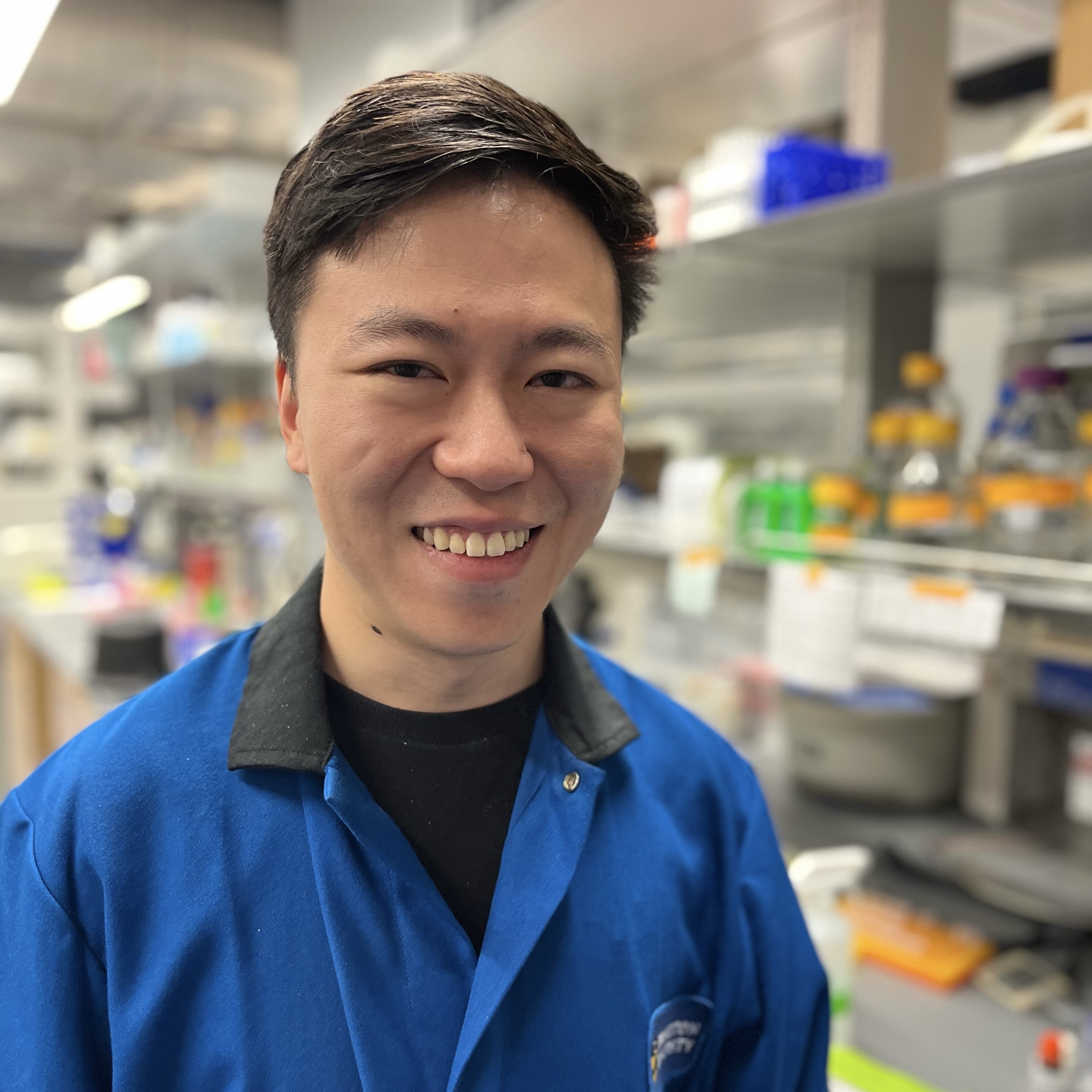
In cells, DNA wraps around a protein complex consisting of proteins called histones. Chemical modifications to histones can affect gene expression, which is key to activating or suppressing cancer progression. Histone monoaminylation, in which an amine (e.g., serotonin, dopamine, or histamine) attaches itself to a histone, is a newfound type of epigenetic modification whose role remains elusive in these processes. Dr. Zhang is using chemical biology tools to study the functions of these modifications as well as their effects on other adjacent, pre-existing cancer-associated modifications. This research may establish a foundation for how this epigenetic modification regulates gene expression and offer insight into the role of amines in the progression of cancer and human neurodegenerative disorders. Dr. Zhang received his PhD from the California Institute of Technology, Pasadena and his BS from Tsinghua University, Beijing.
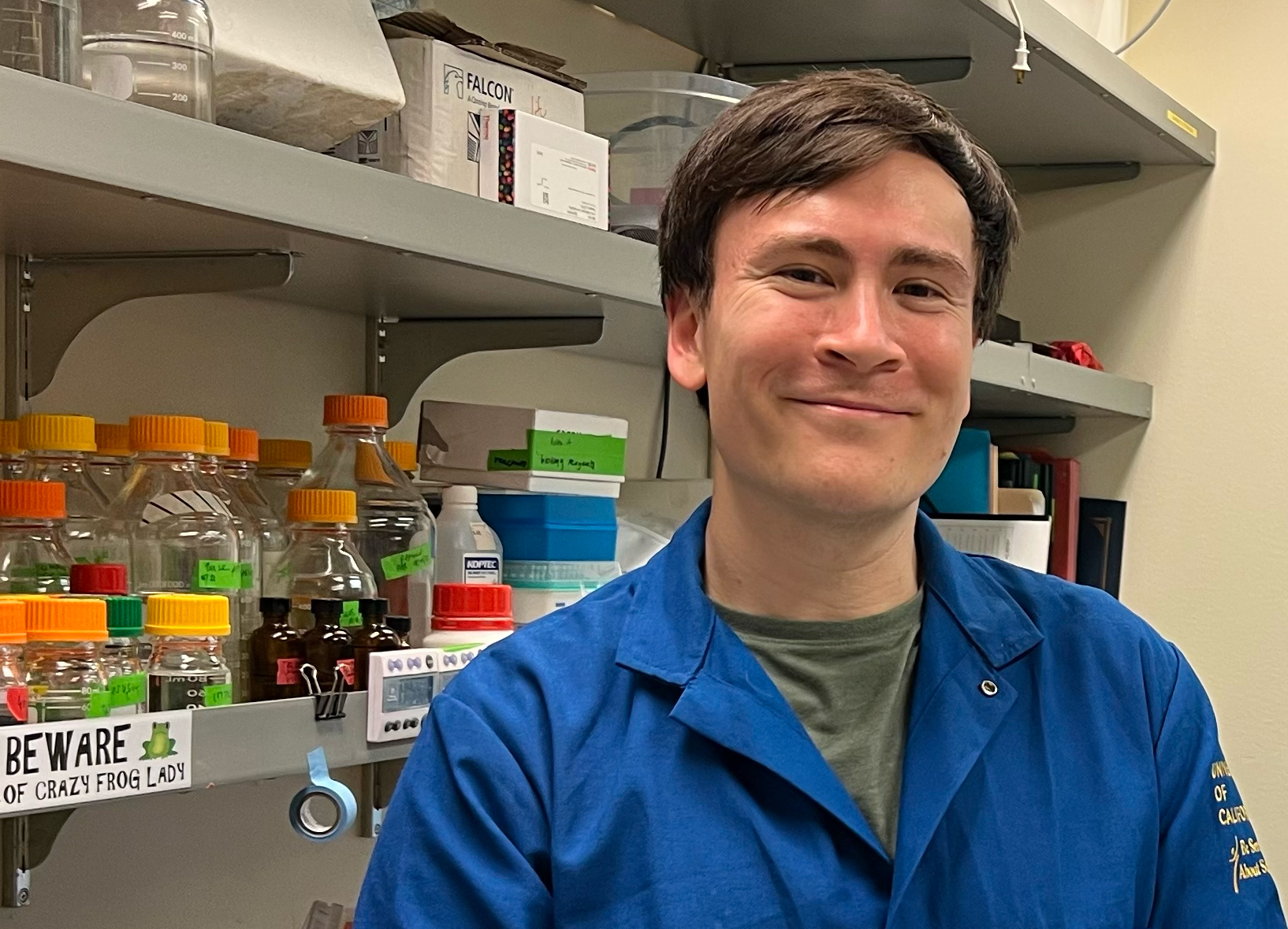
Proper cell division, including equal partitioning of DNA into two “daughter” cells, is critical for cell viability. However, many cancers continue to divide despite having atypical numbers of chromosomes and can even contain additional copies of the entire genome (polyploidy). Understanding how large increases in chromosome number affect cell division machinery has been limited by the methods used to generate polyploid cells. Serendipitously, stable polyploidy has arisen in multiple organisms, such as plants, fish, and amphibians. By utilizing the natural polyploidy found in Xenopus clawed frogs (ranging from two copies to twelve copies of the genome), Dr. Cavin-Meza [Merck Fellow] will explore the mechanisms that lead to increased but stable genome size. He will also analyze the proteome across Xenopus species to reveal how proteins have adapted to promote stable polyploidy over time, giving valuable insight into how stable polyploidy could arise in cancers. Dr. Cavin-Meza received his PhD from Northwestern University, Evanston and received his BS from the University of California, San Diego.
